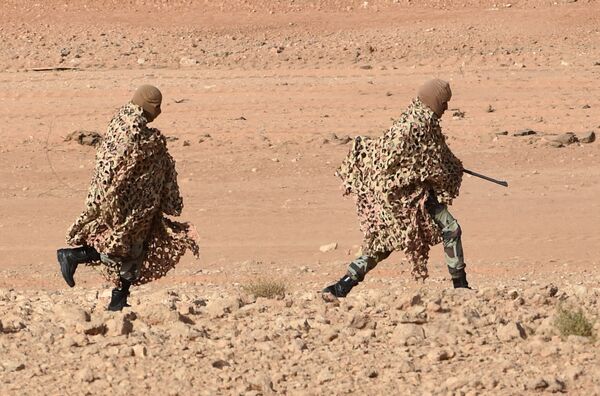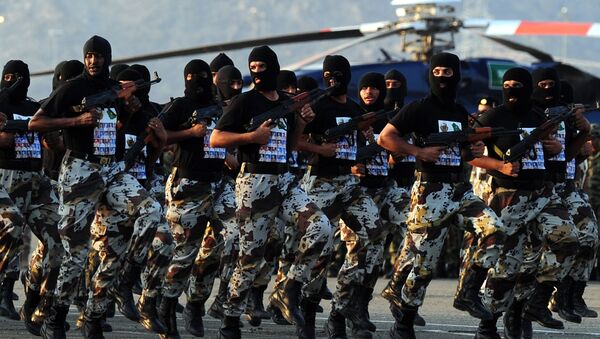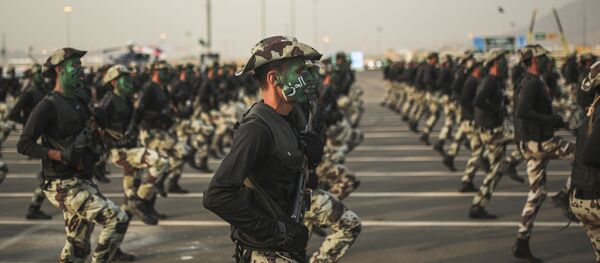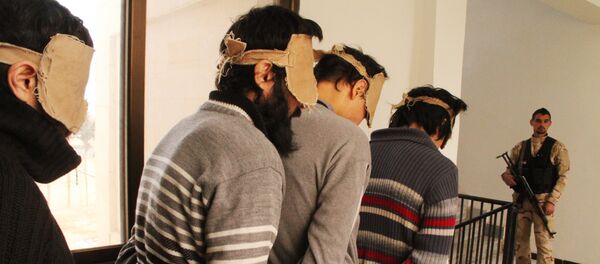“Saudi Arabia has tried hard recently to convince the West that it is taking the lead on tackling the problems of extremism and terrorism. But it's no exaggeration to say there are some perplexing aspects to this new alliance.”
The author takes an in-depth look at the alliance and the member states who it has already signed up.
Out of 34 declared members of the hastily formed alliance, some appear to have never actually joined up with the coalition.
The governments of Malaysia and Lebanon have also suggested they knew little about the alliance that they were listed as a part of.
Another perplexing fact is that despite the announcement of the Saudi government that all of the members of the coalition come from “all over the Islamic world,” some of the fellow states appear not to have a majority Muslim population.
On the contrary, “some of the most important Muslim countries in the world, including Iran, Iraq, Afghanistan and Indonesia, are not part of the alliance.”
The suggested explanation is that Iran and Iraq are Shiite majority nations.
“The exclusion of Shiite nations in an alliance designed to represent the Islamic world seems to reinforce the belief that Saudi Arabia's alliance is motivated by a sectarian rivalry with Iran and not terrorism.”
The idea however was denied by the Saudis.
The aim of the alliance also remains very unclear.

“Saudi Arabia has also gone to lengths to suggest that the alliance would not be limited to attempts to fight the Islamic State (also known as Daesh), but would focus on terrorism in general.”
The mere idea, the author says, is quite upsetting, as “Saudi Arabia's definition of terrorism is worryingly broad.”
"Under a law introduced last year, virtually any criticism of the kingdom's political system or its interpretation of Islam counts as terrorism," the author quotes Brian Whitaker’s article for the al-Bab website as saying.
Besides, Taylor says “many critics of Saudi Arabia say that for all its big talk in the fight against the Islamic State, the kingdom has proved unwilling to go after one of the key factors in the group's rise: the Saudi clerics who spread a radical Wahhabism that influences extremism around the world.”





